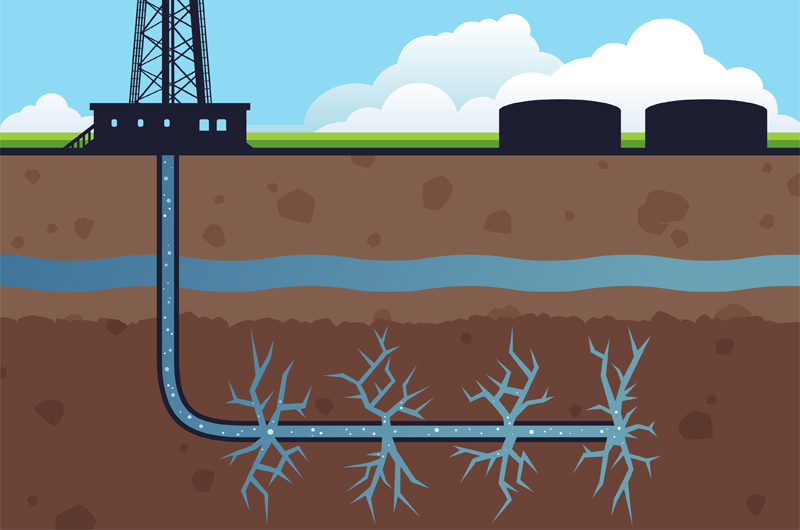SHARE
How crowdsourcing can reduce fracking environmental impact
For the last five years, the United States has experienced a significant transformation in its energy sector. The technology of hydraulic fracturing has lowered the cost of oil and gas, yet some fracking environmental impact has come up as the result of this revolution. In order to face this challenge, energy firms are looking into crowdsourcing as an answer to their necessities.
A good example of this fresh approach is the Innovation Tournament that Statoil is promoting. The Norwegian company has partnered with General Electrics in order to develop an open challenge where solvers are encouraged to look for new ways that help reduce the amount of water and sand that is currently used in the fracking fields.
Top-level management is fully on board with this new strategy. For instance, Eldar Saetre, Statoil's President, has publicly stated that “the challenge of achieving more efficient and sustainable energy production is too large for one entity to address alone”. This pragmatic approach resonates with one of the basic principles of Open Innovation: “not all good ideas are developed within our own company”.
Accoding to Jeff Immelt, GE's Chaiman and Chief Executive, “collaboration allows us to leverage on a global network of engineers and technologists”. This, in turn, can have a “profound impact on the development of energy solutions that reduce environmental impacts”, according to the GE boss himself.
The Tournament will only consist on one round. Five ideas will be chosen by Statoil and GE, which will award each one with $25,000 dollars. An additional prize pool of $375,000 will then be opened, in order to provide the five winning solutions with development funds that help advance the Innovation process.
Do you think energy firms should embrace Open Innovation Tournaments as a way to reduce their environmental impact and enhance their production mechanisms?
Download our Engineering Crowdsourcing white paper
